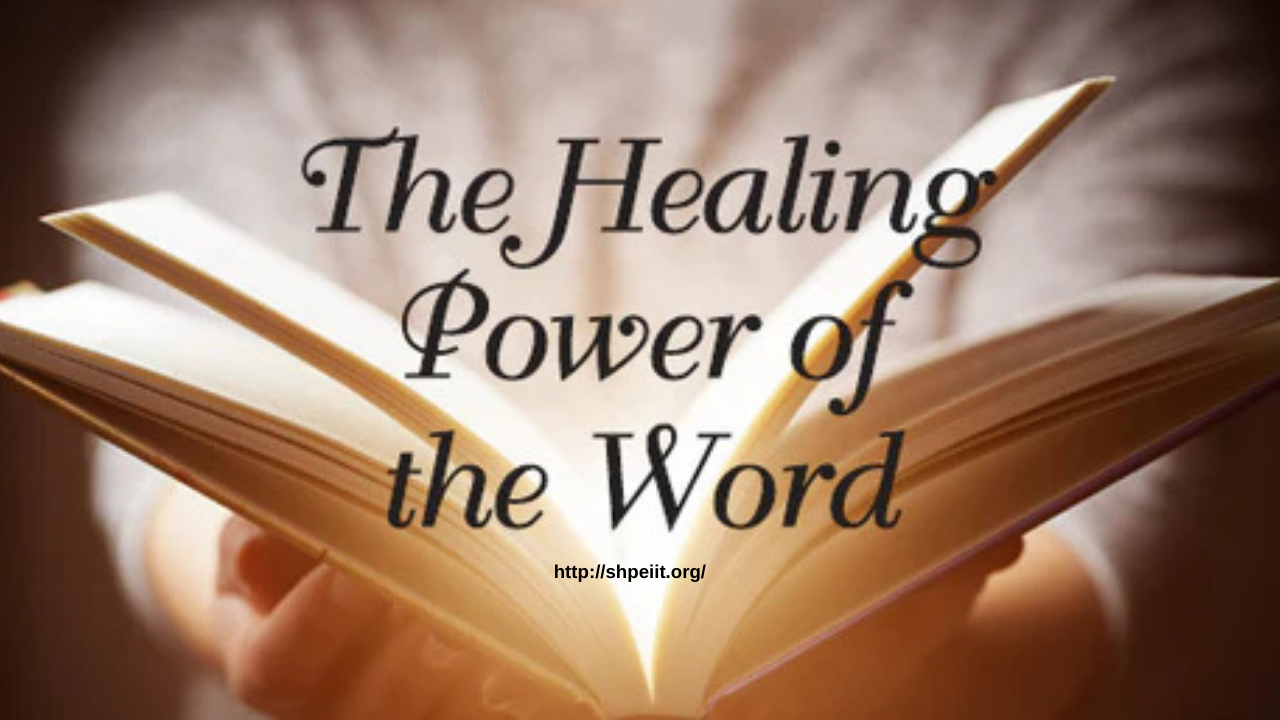The Life of a Professional Writer
The Rewards and Challenges of Professional Writing
The Healing Power of Words: Why Addiction Memoirs Matter in Recovery
 Stories That Heal Both the Writer and the Reader
Stories That Heal Both the Writer and the Reader
Addiction is often marked by silence, shame, and isolation. Breaking through that silence can be one of the most powerful steps in recovery. Addiction memoirs, whether shared publicly or kept as private reflections, create a bridge between pain and healing. They allow individuals to process their experiences, reclaim their voice, and offer hope to others who may be facing similar struggles.
At SHPEIIT, where recovery is guided through addiction treatment, mental health care, and holistic, faith-based approaches, we understand that words have the power to heal. Memoirs about addiction are more than personal stories. They are tools for reflection, connection, and transformation.
Why Addiction Memoirs Are Important
Breaking Stigma Through Honesty
Memoirs about addiction challenge the stereotypes that surround substance use. By sharing raw and authentic experiences, writers show that addiction is not a moral failing but a human struggle. These stories replace judgment with empathy and encourage others to seek help without fear of stigma.
Offering Inspiration and Hope
Reading an addiction memoir can be life-changing for someone in recovery or considering treatment. Knowing that another person has walked the same difficult path and found healing offers reassurance that recovery is possible. Stories become a guiding light in moments of doubt.
Encouraging Self-Reflection
For the writer, creating a memoir is a process of looking inward. It provides an opportunity to trace patterns, acknowledge mistakes, and celebrate growth. This reflection strengthens self-awareness, which is an essential part of long-term sobriety.
Writing as a Pathway to Healing
Therapeutic Benefits of Storytelling
Research shows that writing about trauma can help reduce stress and improve emotional well-being. Memoirs provide structure to experiences that may otherwise feel chaotic. For individuals in recovery, the act of writing can be just as healing as therapy or group work.
From Pain to Purpose
When personal pain is transformed into a story that inspires others, it becomes purposeful. Many writers discover that sharing their addiction journey allows them to turn struggles into service. This shift not only strengthens recovery but also creates meaning out of hardship.
Balancing Vulnerability and Care
It is important to remember that writing about addiction can be triggering. Writers should pace themselves and seek support from therapists, mentors, or faith-based leaders when needed. Protecting mental health while telling the truth ensures the writing process remains healing rather than harmful.
How Addiction Memoirs Support Holistic Recovery
At SHPEIIT, recovery is viewed as a journey of mind, body, and spirit. Addiction memoirs fit naturally into this holistic model. They help individuals process emotions, strengthen mental clarity, and even nurture spiritual growth by transforming struggles into testimonies of resilience.
Whether written during inpatient treatment, outpatient care, or in private journaling, addiction memoirs allow people to reconnect with their authentic selves. They remind us that recovery is not just about breaking free from substances but about reclaiming identity and purpose.
Your Story Matters
Addiction memoirs matter because they remind us that healing is possible. They reduce stigma, inspire hope, and provide a therapeutic outlet for those in recovery. Every story is unique, and every voice has the power to encourage others.
If you or a loved one is struggling with addiction, now is the time to take the next step. At SHPEIIT, we provide individualized treatment programs that combine professional care with holistic and faith-based support. Reach out today and begin writing your own story of recovery.